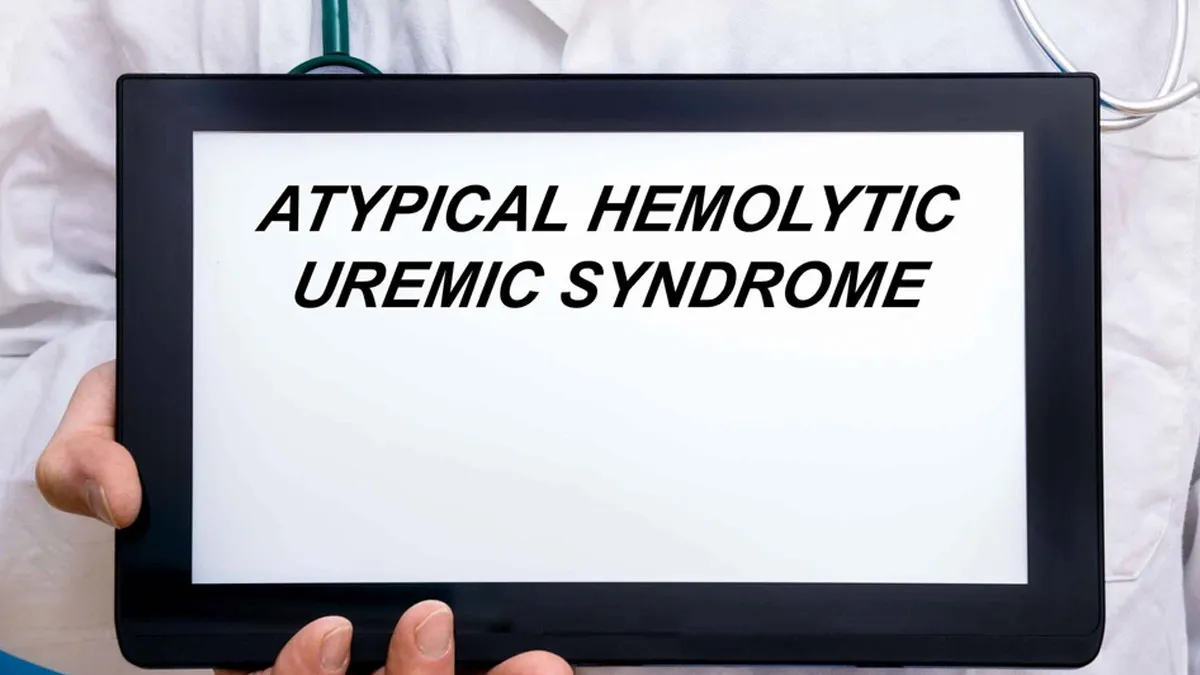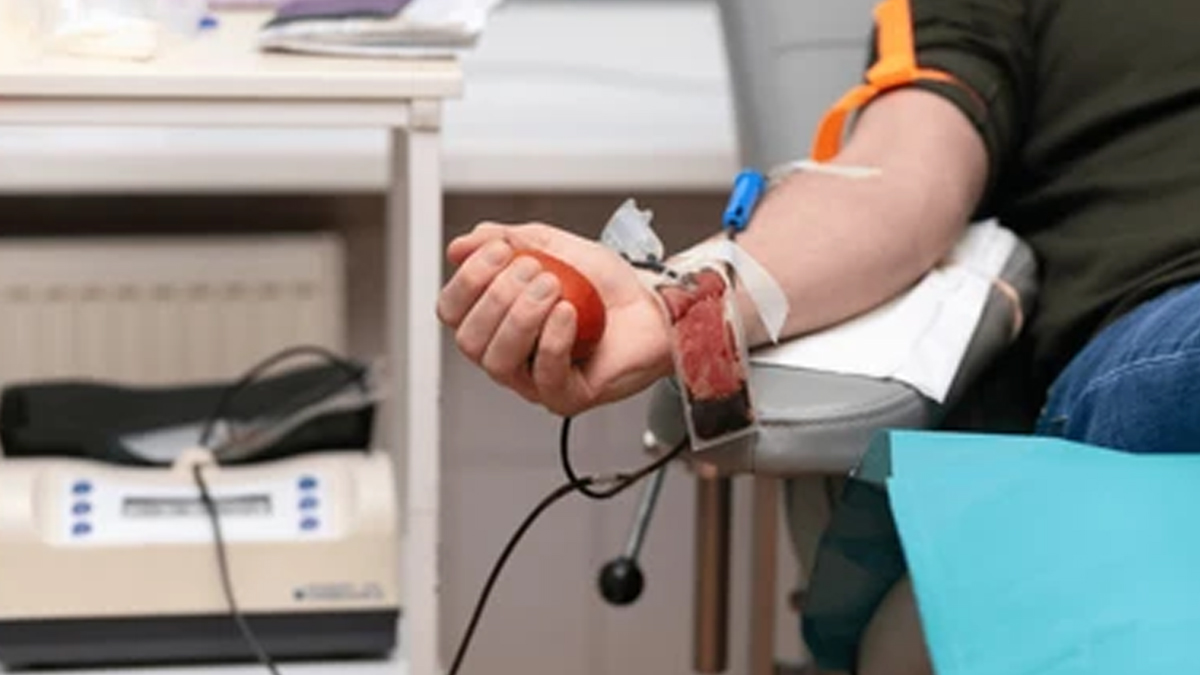
Have you ever heard of a disease so rare that even medical experts have trouble diagnosing it? Atypical Haemolytic Uremic Syndrome (aHUS) is such a condition, rare, complex, and often misdiagnosed as other diseases. It strikes only a few individuals globally, but its effect can be life-altering, causing kidney failure and other life-threatening complications. For patients and families, the journey to diagnosis is long and uncertain, making awareness essential.
Table of Content:-
To understand this condition, we spoke to Dr (Prof) Arvind Bagga, Senior Consultant, Department of Paediatric Nephrology, Apollo Indraprastha,New Delhi, who explained aHUS, its signs, causes, diagnosis, and treatment.
What is atypical HUS (aHUS)?

“Haemolytic Uremic Syndrome (HUS) is a serious condition that causes damage to the inner lining of blood vessels, resulting in tiny clots that lead to platelet deficiency, destruction of Red Blood Cells (RBCs), and organ damage. The most common form of HUS is associated with infection by food-borne bacteria that produce the ‘Shiga toxin.’ This form is more common in children and is prevalent across the world, but less so in South Asia,” explained Dr Bagga.
aHUS accounts for approximately 10% of all HUS patients. According to a 2020 study, it annually affects between 0.23-1.9 per million individuals worldwide. The disease affects people of all ages but is more common in children. A significant proportion of these patients have a genetic defect in the immune system, specifically in the complement pathway. Other triggers that may cause aHUS include pregnancy, certain infections, medications, and cancer.
Symptoms of aHUS

Kidney problems are the main features of aHUS, as they are richly supplied with blood vessels. “Common symptoms include low urine output, build-up of waste in the body, and fluid overload. In children, the condition often follows a minor infection and is accompanied by abdominal pain, fatigue, and pale skin. Many patients show high blood pressure and its complications,” added Dr Bagga.
Also Read: Can High Blood Sugar Damage Your Kidneys? Here Is What An Expert Has To Say!
Importance of Prompt Management
Timely diagnosis and appropriate management are essential for managing aHUS. However, this might be a challenge as the clinical features of the disease often overlap with other conditions. Without timely treatment, nearly one out of every two patients with aHUS will need dialysis, and one out of four might die. Therefore, these patients need prompt referral to a nephrologist (kidney specialist) for prompt initiation of specific therapy.
“aHUS can significantly impact patients' quality of life. Their families may also struggle with guilt, fear, or emotional distress. Furthermore, the need for frequent dialysis leads to poor quality of life,” highlighted Dr Bagga.
Diagnosis of aHUS
Key tests for diagnosing aHUS include stool tests for Shiga toxin, blood counts, kidney function assessment, antibody screening, and investigations for associated conditions. A kidney biopsy is rarely needed.
Also Read: Kidney Failure Symptoms: Early Warning Signs You Shouldn’t Ignore
Treatment for aHUS

Treatment depends on the severity of aHUS and the underlying cause. In mild cases, the patient may be monitored regularly and receive supportive treatment, such as blood transfusions and medications to manage hypertension. “Plasma exchanges are considered an important form of therapy for aHUS, although not effective in all patients. Plasma exchanges or infusions are required frequently, and the medium-term outcome of these interventions is not satisfactory,” said Dr Bagga,
Early use of complement inhibitors has significantly improved outcomes in patients with aHUS. Some patients may require prolonged dialysis, with attendant complications. Kidney transplant patients with aHUS face a high risk of recurrence.
“Although the journey with aHUS is challenging, timely diagnosis and targeted therapies have significantly improved patient outcomes,” concluded Dr Bagga.
[Disclaimer: This article contains information provided by an expert and is for informational purposes only. Hence, we advise you to consult your professional if you are dealing with any health issue to avoid complications.]
Also watch this video
How we keep this article up to date:
We work with experts and keep a close eye on the latest in health and wellness. Whenever there is a new research or helpful information, we update our articles with accurate and useful advice.
Current Version